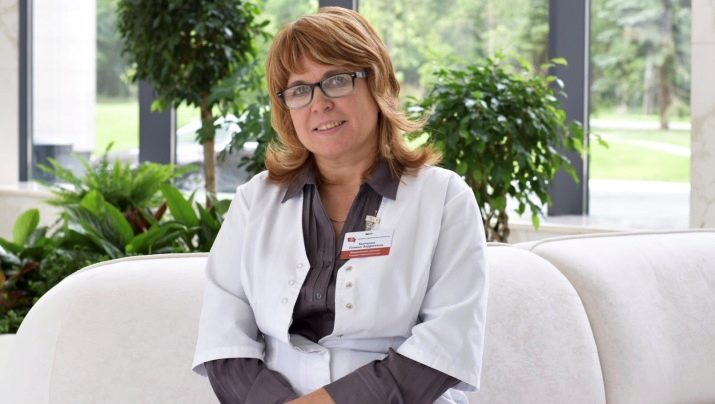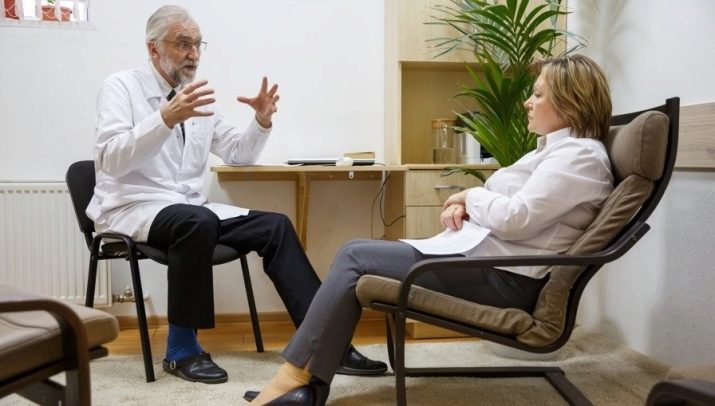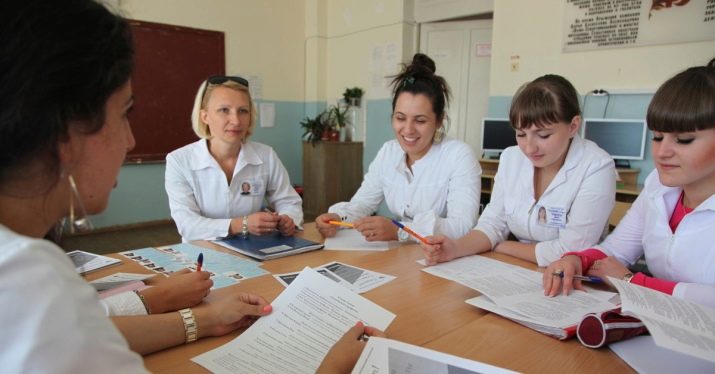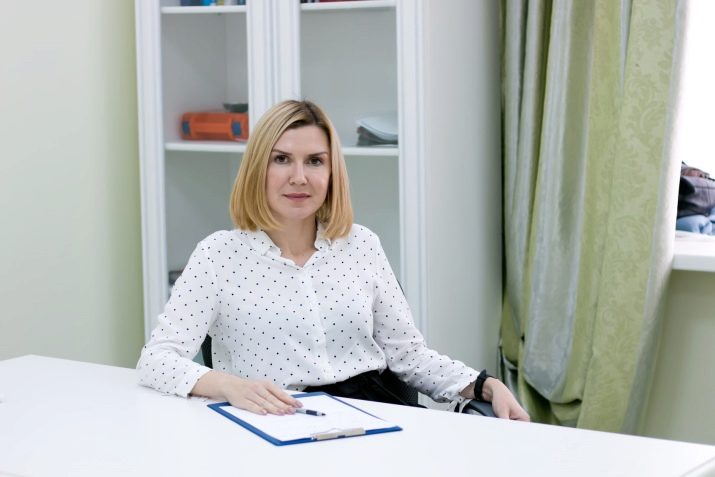Clinical psychologist: features of the profession and duties of a specialist

Clinical psychology pays attention to the study of human intelligence, emotional sphere, physiological manifestations, as well as social and behavioral characteristics of a person. All this knowledge is essential for a clinical psychologist. You need to know what the features of the profession and the duties of a specialist are, before connecting your life with this profession.
What is this profession?
Assisting a person in strengthening and protecting his mental health - this is the function of a clinical psychologist. The activity of this specialist is regulated not only by the science of psychology, but also by medicine. Based on them, he conducts diagnostics and corrective work for various manifestations of a person's mental disorder.
Problems in this area can relate to both psychological and medical aspects.

History of appearance
The emergence of officially recognized clinical psychology took place in the 19th century, when the Institute for Experimental Psychology appeared in Leipzig. Later, in 1917, the American Psychological Association was founded, where the status of a scientist came to be seen as his profession. At the end of the 20th century, the German E. Kraepelin began to apply experimental methods in psychology, and Z. Freud developed a theory of the onset of mental disorders, considering it outside the context of medicine.
In Russia, pathological processes on the part of the psyche were investigated by I. A. Sikorsky, V. M. Bekhterev, V. Kh. Kandinsky. A scientific laboratory was opened at the clinic of Kazan University in 1885, and later the Psychoneurological Institute named after V.I. Ankylosing spondylitis. At the end of the 20th century, Russia made significant progress in the field of clinical psychology, and an applied direction called pathological psychology was formed, which was based on the intersection of psychology and psychiatry.
In addition, neuropsychology has already appeared, which was based on three fundamental sciences - neurology, neurosurgery and psychology.

Today clinical psychology is the most widespread and demanded applied branch of psychology, which has great potential for further development both in Russia and abroad.
Activities
The activity of a clinical psychologist is determined by the needs of the patient and includes such sections of scientific knowledge as pathological and somatic psychology, neurological and neuropsychology. The theoretical and practical application of knowledge in these areas makes it possible to find a solution to the issue in the process of diagnostics and examination of the state of the human psyche, contributes to a favorable psychological mood of the patient during his treatment for various diseases not only of the psyche, but also of internal organs, contributes to the optimization of treatment approaches and the nosocomial environment for the speedy recovery of a person, reveals the range of relationships between a doctor and a patient, as well as the relationship of patients with each other, monitors the changes that occur in the human psyche during the course of his disease.

Clinical psychologists have specific practical functions.
- Diagnostics It implies tracking the development of symptoms in dynamics, as well as participation with specialists in determining the site of brain damage, since different localizations have different manifestations. In addition, a person's character is studied, which is conducive to the development of various kinds of diseases.
- Expertise implies an expert assessment of the development of the child's psyche, VTEK, forensic psychiatric, military medical, and so on. Based on the results of the studies obtained, an expert opinion is given.
- Performing psychological correction is a psychological impact on a person with a specific purpose according to the chosen method. Correction can be considered changes that improve a person's condition. In the process of exposure, they work towards improving behavioral skills, reducing the risk of psychosomatic diseases, leveling the consequences of injuries and serious illnesses, improving the body's adaptive capabilities, eliminating the results of psychological trauma resulting from experiencing difficult life situations.
- Psychological rehabilitation helps to restore the physiological abilities of the psyche to return to the level that a person had before the moment he experienced a negative psychological situation or illness. In addition, there is also a type of social adaptation that helps a person to integrate into society, work or study team.
- Preventive measures include the formation of a person's concept of a healthy psyche and a correct lifestyle. The next step in a preventive focus is to identify and eliminate the risks that the psyche can be exposed to in the process of illness or life difficulties. And the third step of preventive work is aimed at preventing the occurrence of relapses of mental failure that occur repeatedly after a serious illness, disability or other situations.

Today clinical psychology has become one of the demanded and rapidly developing branches of psychology.
The modern world makes a person experience high psychological stress and frequent stressful situations of varying severity, which is manifested by an increase in the number of people suffering from various mental health disorders and in need of competent professional help.

How is it different from a psychotherapist?
Modern training of specialists in a psychological profile in the system of Russian higher education is carried out as follows:
- in the medical field - the course of study includes a list of compulsory subjects from the field of not only psychology, but also medicine; after graduating from such a university, a specialist will work as a clinical psychologist;
- in the pedagogical direction - training in this case does not imply the study of medical subjects, on the contrary, emphasis is placed on psychology and pedagogy, after completing the studies, the specialist can work in the field of psychology in educational institutions.

A psychotherapist is a professional whose knowledge is based on the study of psychology and medicine... He assists in the treatment of mental illness, borderline conditions, lungs and serious mental disorders.
A clinical psychologist is a specialist with a higher medical education who, without resorting to drug treatment, works with disturbances not only of will and attention, but also of thinking, as well as the spectrum of emotions. Most often, this specialist deals with the treatment of neuroses, which are inherent in people with a relatively healthy psyche.
The demand for specialists with these related professional areas does not lose its relevance every year and is at a fairly high level.

Advantages and disadvantages
Prospective applicants choosing the direction of clinical psychology for themselves should be aware that this specialty can be acquired only after graduating from a medical university, but a specialist in this profile is not considered a doctor and does not have a license that gives him the opportunity to provide medical services.
This profession has its pros and cons. Its positive sides are:
- the opportunity to learn to understand people well, to understand their psychological nuances of behavior and response to various situations;
- determine how sincere a person is, whether he is telling the truth, what motives are driving him, what makes him react to this or that event in a certain way;
- the ability to provide people with psychological assistance and support, to see the results of their work;
- use knowledge and skills not only to help other people, but also for himself;
- the opportunity to practice private practice or work together with a doctor in state medical or other social institutions.

However, in addition to the advantages, the professional activity of a clinical psychologist also has its negative nuances:
- psychological involvement in the patient's emotions and problems, their joint living;
- disappointment in case of failure due to the inability to provide assistance to the patient;
- daily high psycho-emotional load, the need for contact with people whose psyche is unbalanced;
- long-term work in the profession leads to emotional exhaustion and the so-called burnout.
In addition to the pros and cons, it is worth noting that you can become a clinical psychologist only if you are not a virus carrier of any disease, do not suffer from a neurological or mental disorder, as well as migraines, your speech, hearing and vision are at the normal level, there is no cardio- vascular diseases and memory impairments.

Job responsibilities
The professional standards for the position of a clinical psychologist include the following job responsibilities:
- familiarization with the data of medical examinations, collection of patient complaints and obtaining information in the course of a conversation about the level of his cognitive abilities, his emotional and personal orientation, interaction with family and society;
- evaluation of the information received and execution of the conclusion with an indication of the methods of providing clinical and psychological care according to existing standards;
- if necessary - patient referral for consultation with a neuropsychologist or doctors of another specialization;
- development of an individual plan of rehabilitation measures and recommendations, as well as psychological support at all stages of their implementation;
- joint work on the provision of clinical and psychological assistance with representatives of social services, medical and educational institutions, pedagogical commissions and other social organizations.

This list of job responsibilities implies the presence of certain theoretical background knowledge and practical skills, as well as work experience.
Features of training and retraining
According to the provisions of the professional standard, the specialty of a clinical psychologist provides for one of the options for education:
- higher education by specialty "Clinical Psychology" or "Psychology" with additional specialization "Clinical Psychology";
- higher education with obtaining a specialty "Psychology of performance" and the availability of retraining in the direction of "Clinical Psychology";
- bachelor's or master's degree in specialty "Psychology" and professional retraining in the direction of "Clinical Psychology".

In addition to the specified basic education, each specialist should strive for the growth of professionalism and receive new qualifications:
- undergo additional professional education, increasing the volume of knowledge and its quality at the modern level;
- improve your professional skills with the help of more experienced mentors and internships;
- take an active part in webinars, medical conferences, educational trainings.

You can get an education to work as a clinical psychologist in the following higher educational institutions:
- Kazan Federal University;
- South Federal University;
- Ural Federal University B. N. Yeltsin;
- Moscow State University A. I. Evdokimova;
- Perm State National Research Institute;
- Tambov State University G. R. Derzhavin;
- Moscow State University of Psychology and Education;
- Russian State Pedagogical University. A. I. Herzen.
It is worth noting that professional training in the direction of "Clinical Psychology" should be taken only in those educational institutions that have state accreditation.

The salary
On the labor market, a clinical psychologist has a high level of demand. A specialist who has just graduated from a university and does not have work experience in his specialty can earn 15,000-17,000 rubles in some regions of Russia. The average wage level for employees of state institutions is about 25,000 rubles. In Moscow and St. Petersburg, salaries are higher and they amount to approximately 47,000-50,000 rubles. In Nizhny Novgorod, Samara, Yekaterinburg, wages can be at the level of 30,000-37,000 rubles.

Where to work?
Clinical psychologist can carry out his work in medical clinics, rehabilitation centers, private medical institutions. Having basic medical and psychological training, he can be well versed in the causes of psychosomatic disorders, neuroses, work in tandem with a psychiatrist.A clinical psychologist can conduct group diagnostics and psychotherapy, take part in medical examinations, perform gestalt therapy, and work in emergency centers.
In addition, this specialist can realize himself in providing psychological assistance to children and adolescents, adults and the elderly.
He can specialize in family psychotherapy as well as in private practice.









